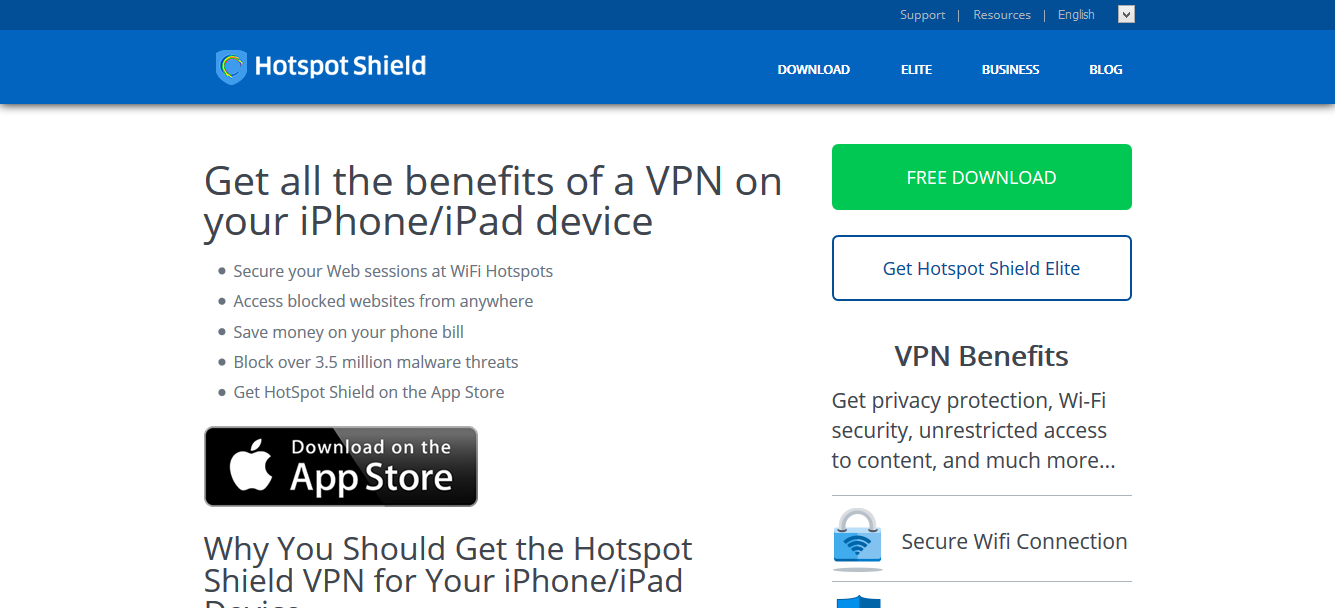
Hence, some countries want to build and shape the Internet within their borders so that it’s technologically and legally easier for the state to control,” says Sherman.Īchieving this feat is technologically daunting, although some argue that it is not far-fetched. “This could be motivated by anything from wanting to better protect citizens from cybersecurity risks to wanting to censor and filter online content. So some, such as Russia and Iran, are working toward creating intranets that don’t rely on the global Internet infrastructure.

This is why some countries are concerned, because anything that’s not on their land is hard to control or regulate. In fact, a request from the southern part of India might have traveled across the European continent and Atlantic Ocean to a server on the western coast of the US and all the way back with a response. It’s not obvious where the WTTJ server is located physically. And the route taken by your computer will be different from the one taken by another computer. Your request will go through multiple points of exchange before reaching the server hosting WTTJ. The server then sends the response, which in this case is the homepage of WTTJ, back to the user using a similar path. The IXP then forwards the data to the recipient’s NSP and the request works its way down to the server hosting WTTJ. Put simply, think of your request being first sent to your router at home, then to the local Internet service provider (ISP), then to a network service provider (NSP), and ultimately to an Internet exchange point (IXP). Similar to how a letter first reaches the local post office and works its way up, before once again working its way down to the recipient’s local post office, the traffic on the Internet follows certain pathways.

The Internet is considered global and open because the way that the multistakeholder-designed Internet that Sherman refers to has developed means that national borders and political influences do not play a prominent role. Instead, they believe the government should have a more prominent role-if not the prominent role-in governing the Internet.” But some countries don’t like that this governance model involves a smaller role for the state. “Historically speaking,” says Justin Sherman, a Fellow at the Atlantic Council’s Cyber Statecraft Initiative, “the global Internet has been governed mostly by what we call ‘multistakeholderism’-a mix of corporations, civil society groups, and standard-setting bodies, such as ICANN, W3C, ITU, the Internet Research Task Force, the Internet Governance Forum, and to some extent, governments making decisions about everything from where to build servers to how data should be routed online. The irony of all this came to shore when Russia announced that it planned to take measures to secure itself against “foreign cyber attacks” by creating a sovereign Internet.
IMPOSSIBLE DE SE CONNECTER AU VPN VPN SHIELD FREE
After this troubling episode, questions surrounding the free Internet were, rightfully, raised at its very birthplace. Multiple investigations concluded that Russia harmed the integrity of the election process in numerous ways and sowed “distrust in American democracy overall,” as Abigail Abrams wrote in Time in April 2019. But the shortcomings of the global and open Internet were laid bare in the aftermath of the 2016 US presidential elections. The Western notion of an Internet that doesn’t adhere to man-made borders or the whims of nations was once thought to be a fundamental human right, and is, in fact, recognized by the UN to be just that.


 0 kommentar(er)
0 kommentar(er)
